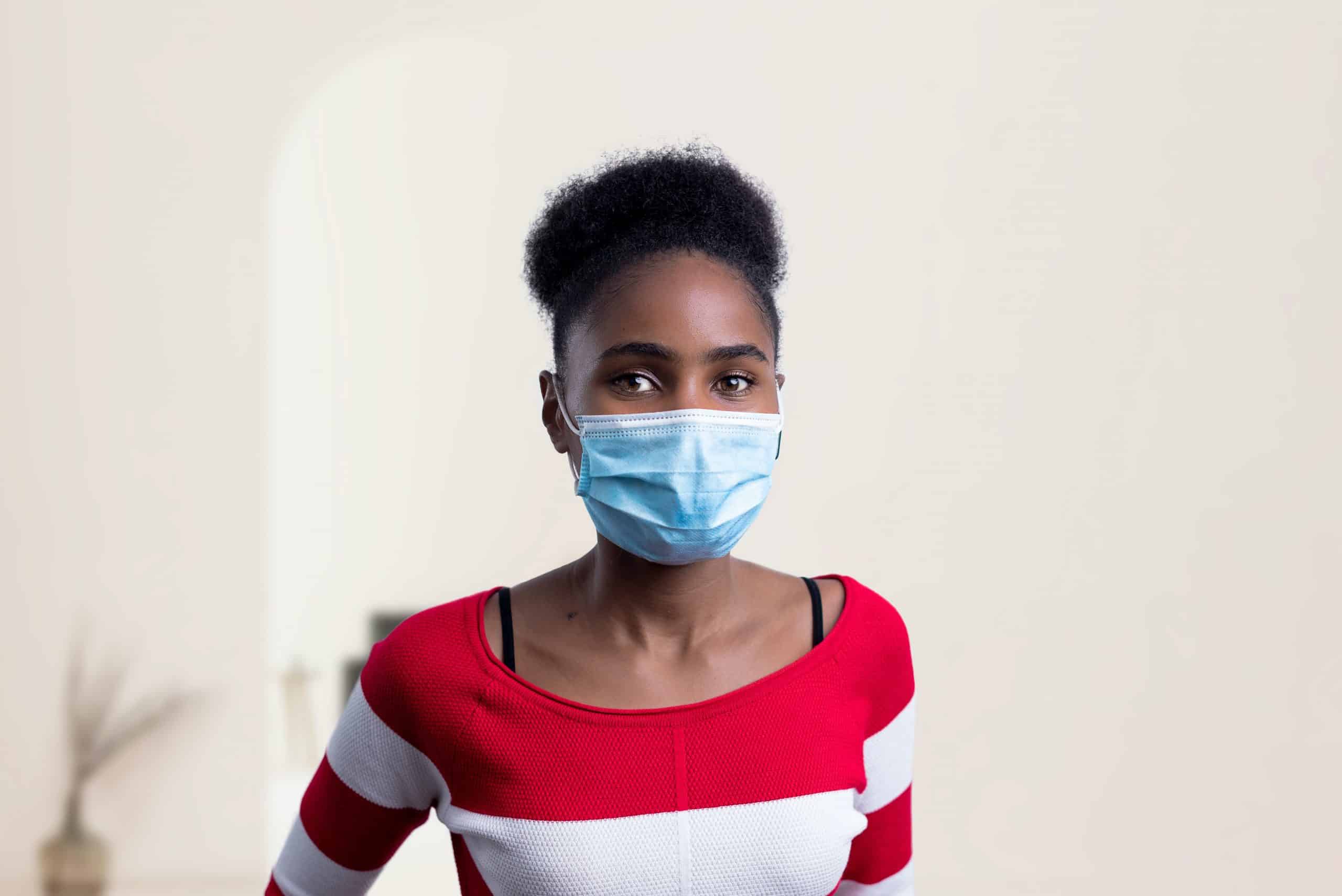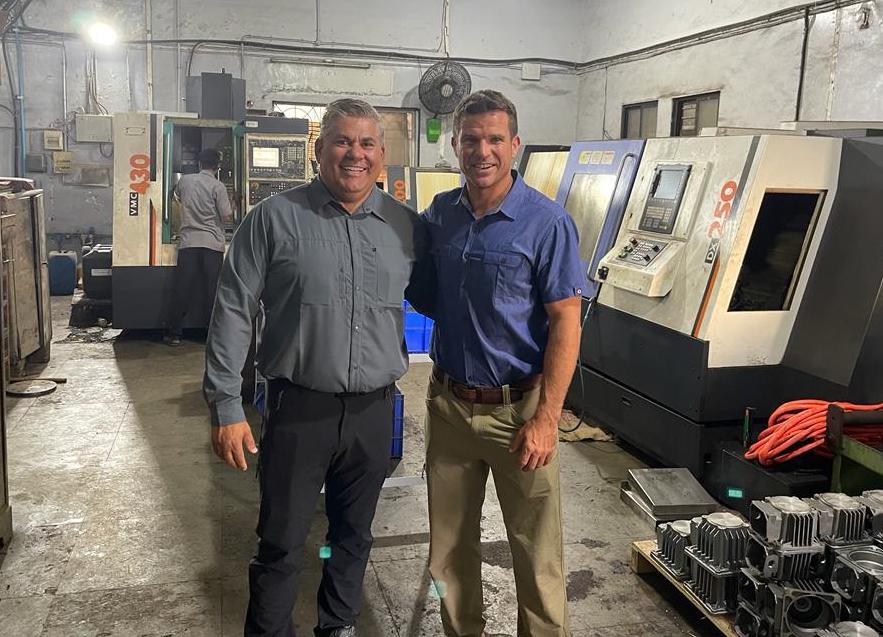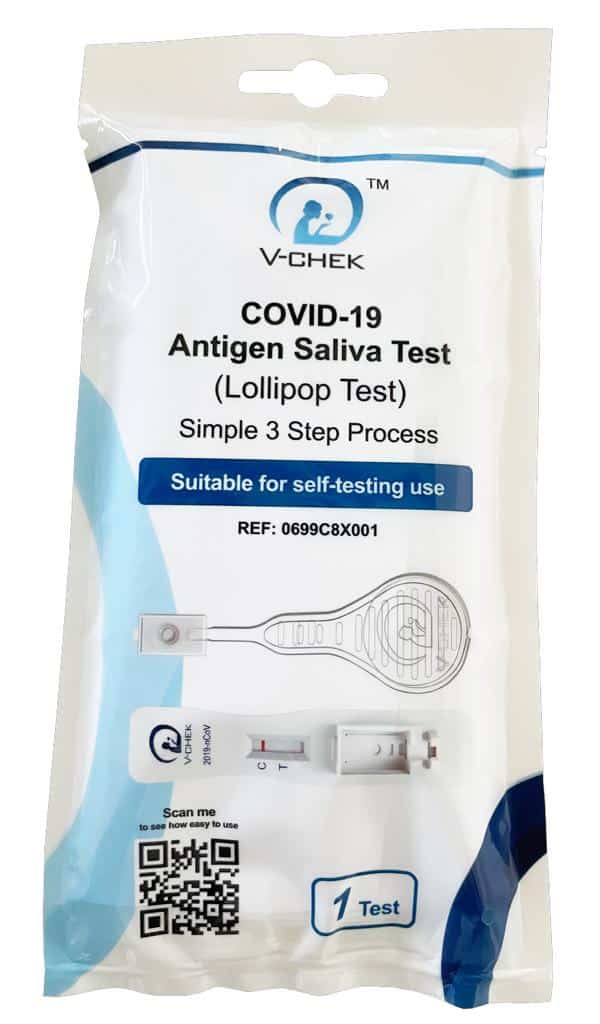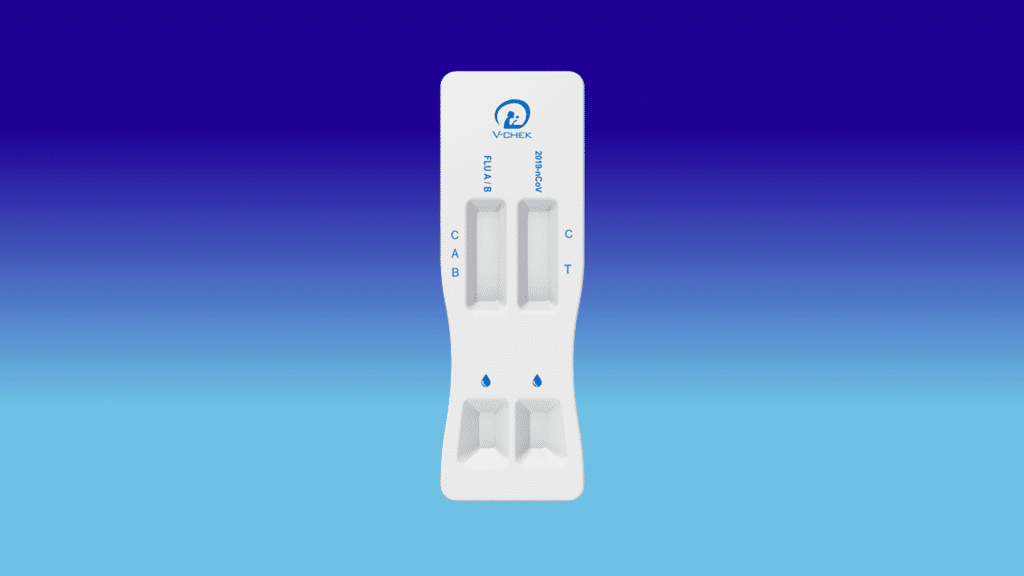One of the questions on everyone’s minds over the past 20 months has been around the best way to stop the spread of COVID-19.
Well, we now have the answers.
This week, a group of scientists from Yale, Stanford, UC Berkeley, and other institutions published the final results of a randomised study of community-wide masking behaviour in Bangladesh. The study encompassed roughly 350,000 people in 600 villages.
How did the study work?
The researchers randomly selected certain villages for an intervention that included giving out free masks, paying villagers to remind people to cover their face, and having village leaders and religious figures such as imams emphasise the importance of masks. The researchers also paid villagers to count properly worn masks in public places, including markets and mosques.
To gather data on coronavirus transmission, the team asked about symptoms and conducted blood tests to determine who came down with COVID-19 over the course of the study.
Study found that masks do work
The study concluded that masks really do work. Surgical masks are particularly effective at preventing coronavirus transmission. And community-wide mask wearing is excellent at protecting older people, who are at much higher risk of severe illness from COVID-19.
Are surgical masks better than cloth masks?
The study also found clear evidence that surgical masks are better at reducing the spread of symptomatic COVID-19 than cloth masks.
In focus groups, Bangladeshi participants said they preferred cloth masks because they seemed to be more durable. But the researchers found that, on the one hand, surgical masks were more efficient, even after being washed 10 times with soap and water.
“On the other hand, we found only mixed evidence about cloth masks,” Jason Abaluck, a co-author of the study and a professor at Yale said.
People wearing cloth masks had fewer symptoms, such as coughs, than the control group, which suggests some effect. But cloth-mask wearers didn’t have significantly fewer coronavirus antibodies as determined by blood tests.
So, where does this leave us?
While we’re still learning about the effects of COVID-19, it’s wise that we marry a healthy skepticism with a willingness to change our minds when presented with high-quality evidence. Based on the results of this study and other observational research, we should go forward with a more confident thesis about face coverings: Community-wide usage of surgical masks clearly reduces the spread of the coronavirus, especially in the unventilated indoor environments where it seems to spread most efficiently.
The original article was posted on The Atlantic. Read it here.






